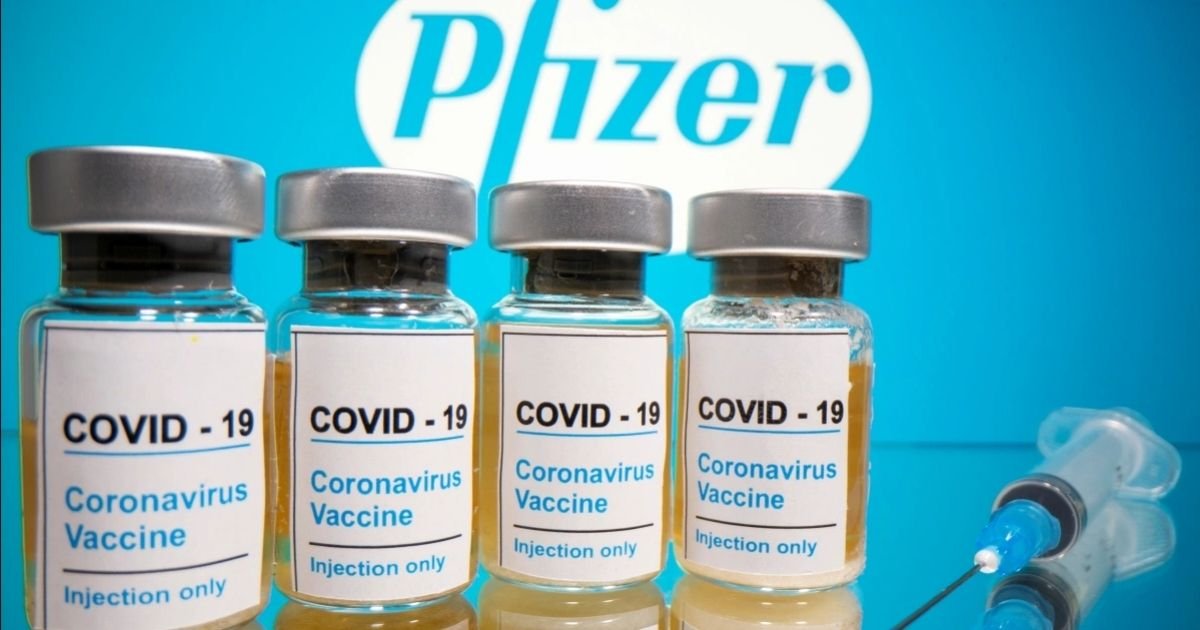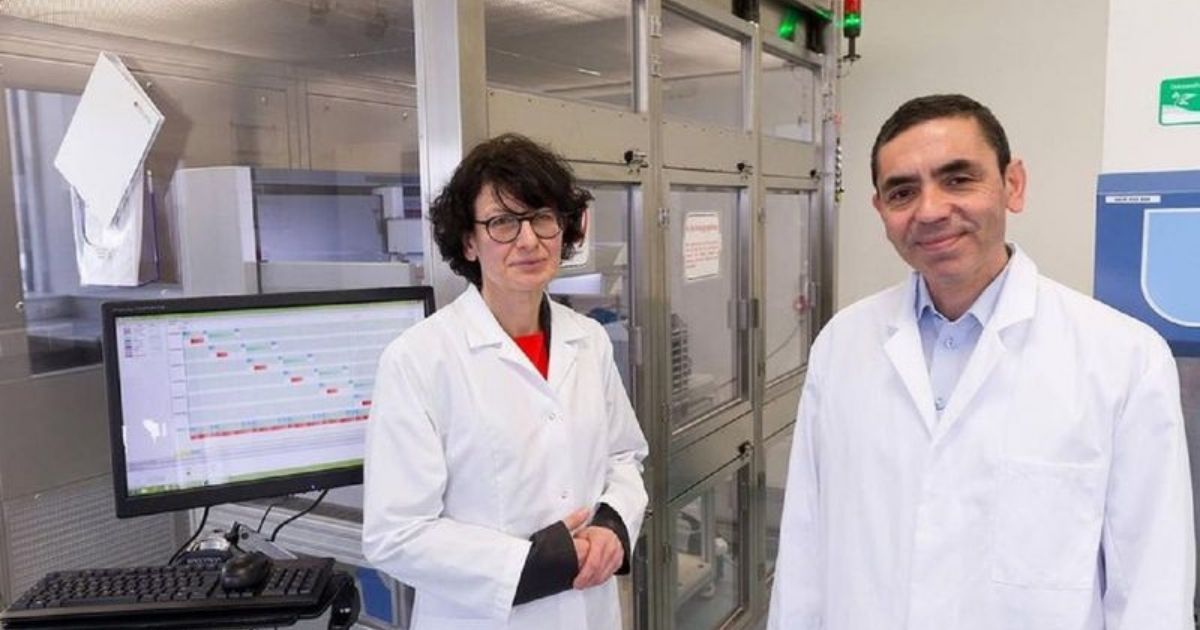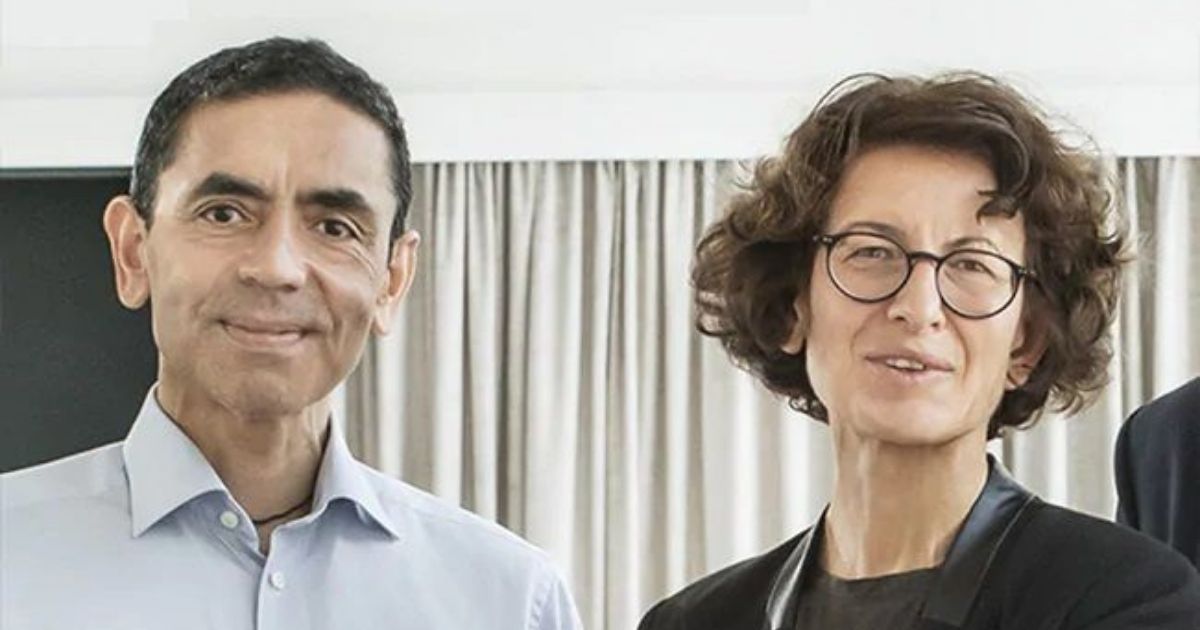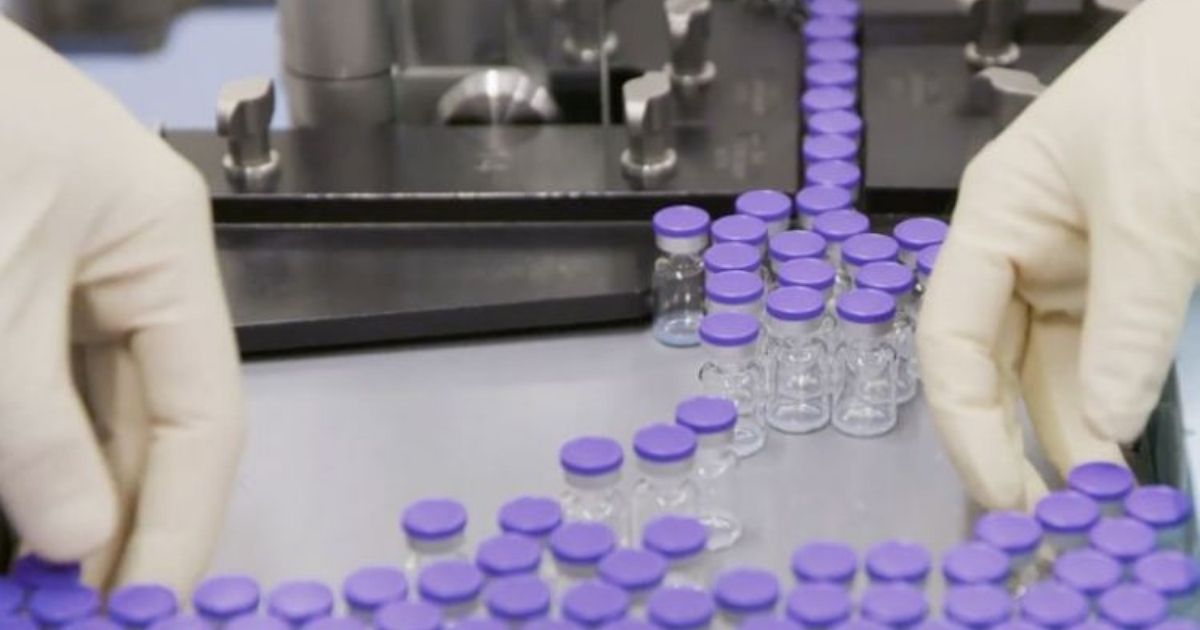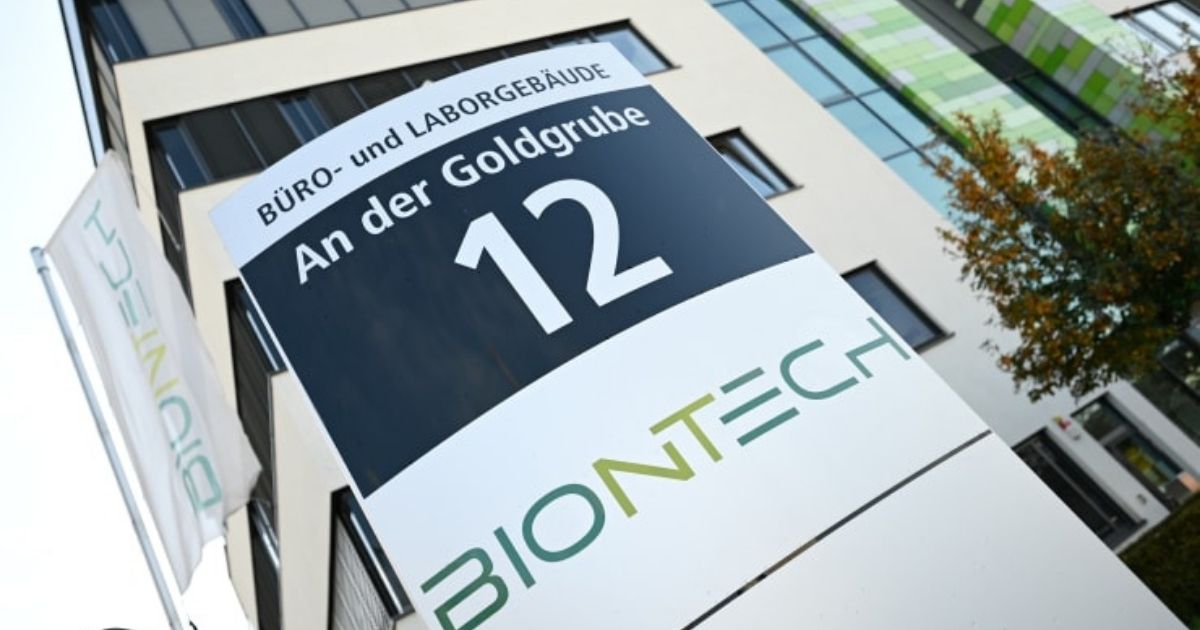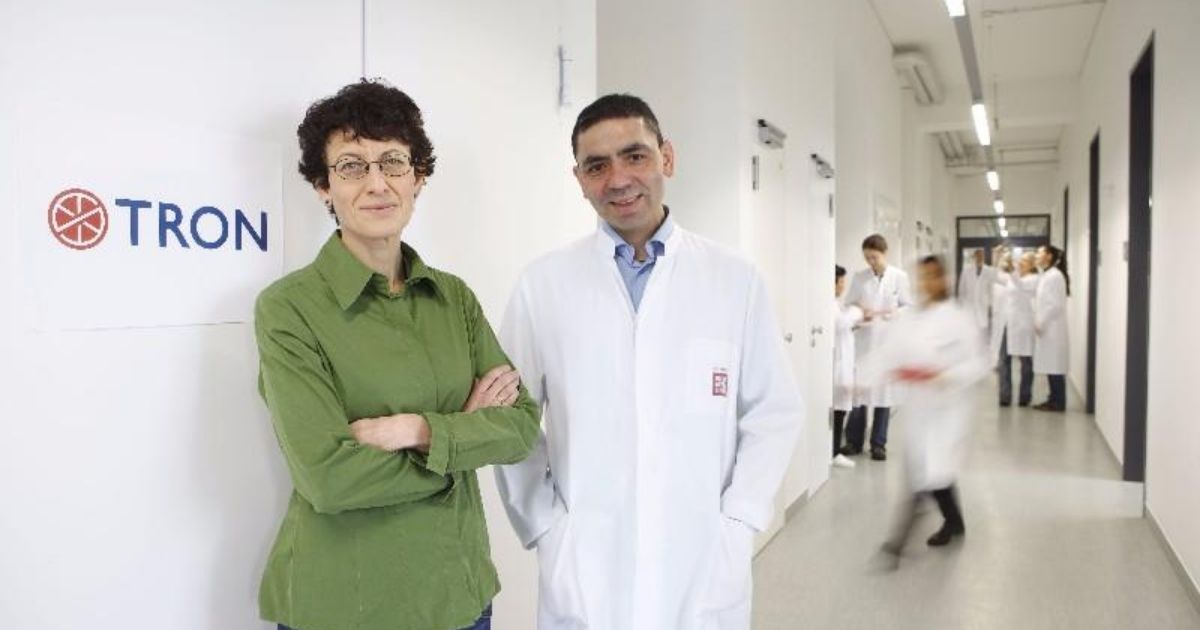Scientists Ugur Sahin and Ozlem Tureci have dedicated their lives to the field of oncology and infectious diseases and spent years pioneering personalized immunotherapy treatments for cancer.
Amid the coronavirus pandemic, the power couple’s groundbreaking research in the field of genetics has propelled them into the public eye, as the brains behind the world’s first effective coronavirus vaccine.
In 2008, Sahin, 55, and Tureci, 53, set up BioNTech in Mainz, Germany.
On Monday the company’s partner, US pharmaceutical giant Pfizer, said their candidate vaccine was more than 90% effective in preventing infection in volunteers. It uses the never-before-approved technology called messenger RNA, or mRNA, to spark an immune response in people who are vaccinated.
On Tuesday, Sahin explained the significance of the news — and sent a message of hope for the world.
“I think the good message for mankind is that we now understand that COVID-19 infections can be indeed prevented by a vaccine,” he said.
On Monday, Pfizer CEO Albert Bourla called it “the greatest medical advance” in the last 100 years, CNN reported.
While the vaccine is a big step for the scientific community, Sahin and Tureci are veterans in the world of medical achievements.
The couple, both trained physicians, established their previous company, Ganymed Pharmaceuticals, in 2001 to work on developing cancer-fighting antibodies, eventually selling it for $1.4 billion in 2016.
According to the weekly Welt am Sonntag newspaper, Chief Executive Sahin and Chief Medical Officer Tureci are listed among Germany’s 100 richest people and since Tuesday, the market value of their Nasdaq-listed company jumped to $25.72 billion — a giant leap from $4.6 billion last year.
The couple’s charitable ethos and longstanding commitment to science and academia appear to have kept them grounded, even as their work on the Covid-19 vaccine launched them into the worldwide spotlight.
Earlier this year, the couple said in a CNN interview that they felt compelled to “provide something for society,” given the work they had done in their field over the last twenty years.
Reuters reported that in January, after reading a scientific paper about the coronavirus in Wuhan, China, Sahin was taken by the “small step” from anti-cancer mRNA drugs to mRNA-based viral vaccines.
BioNTech assigned 500 of its staff to work on the project with several potential mRNA compounds, eventually closing a partnership with Pfizer in March.
Their Covid-19 vaccine approach uses genetic material, mRNA, to trick cells into producing bits of protein that look like pieces of the virus. The immune system learns to recognize and attack those bits and, in theory, would react fast to any actual infection.
On Tuesday, Sahin said he believed the BioNTech/Pfizer vaccine “will not be the only vaccine” against Covid-19, noting that a number of Phase 3 vaccine trials are ongoing.
He also said BioNTech’s goal, in cooperation with Pfizer, is to ramp up production of their vaccine candidate and that they hope to manufacture up to 1.3 billion doses by the end of 2021 if it receives authorization.


